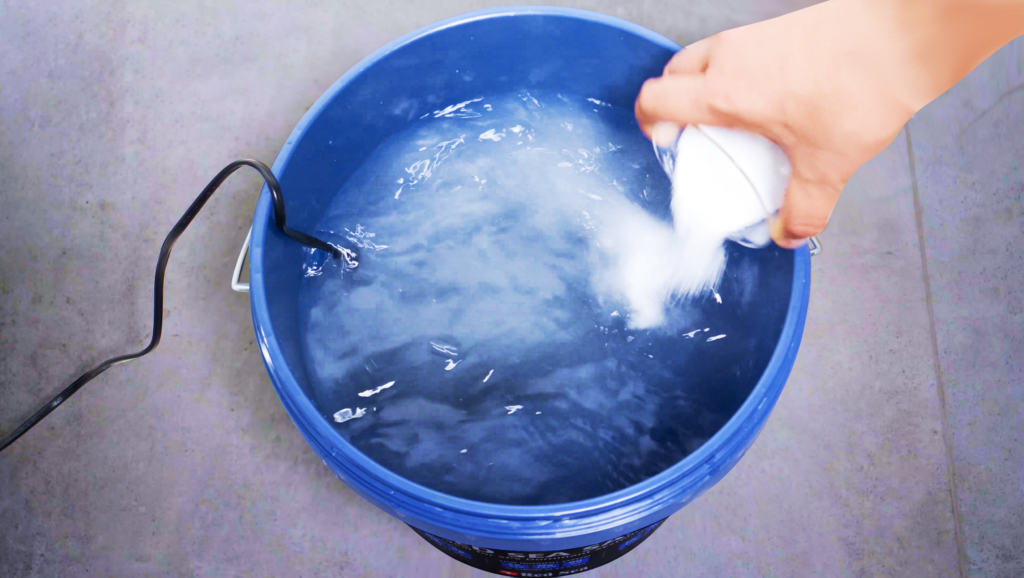What are your guy’s opinions on storing water? (Specificity RO/DI water)
After reading @Byron ‘s new article on the importance of water changes, I realized I wasn’t doing nearly enough. (In quantity or volume for that matter)
That being said, I want to be performing bigger and way more water changes weekly.
—-
I’m wanting to keep the RO/DI water in 5 gallons buckets, until I need it. I do have a lid for one of the buckets, so I will use that one primarily.
After reading @Byron ‘s new article on the importance of water changes, I realized I wasn’t doing nearly enough. (In quantity or volume for that matter)
That being said, I want to be performing bigger and way more water changes weekly.
—-
I’m wanting to keep the RO/DI water in 5 gallons buckets, until I need it. I do have a lid for one of the buckets, so I will use that one primarily.






